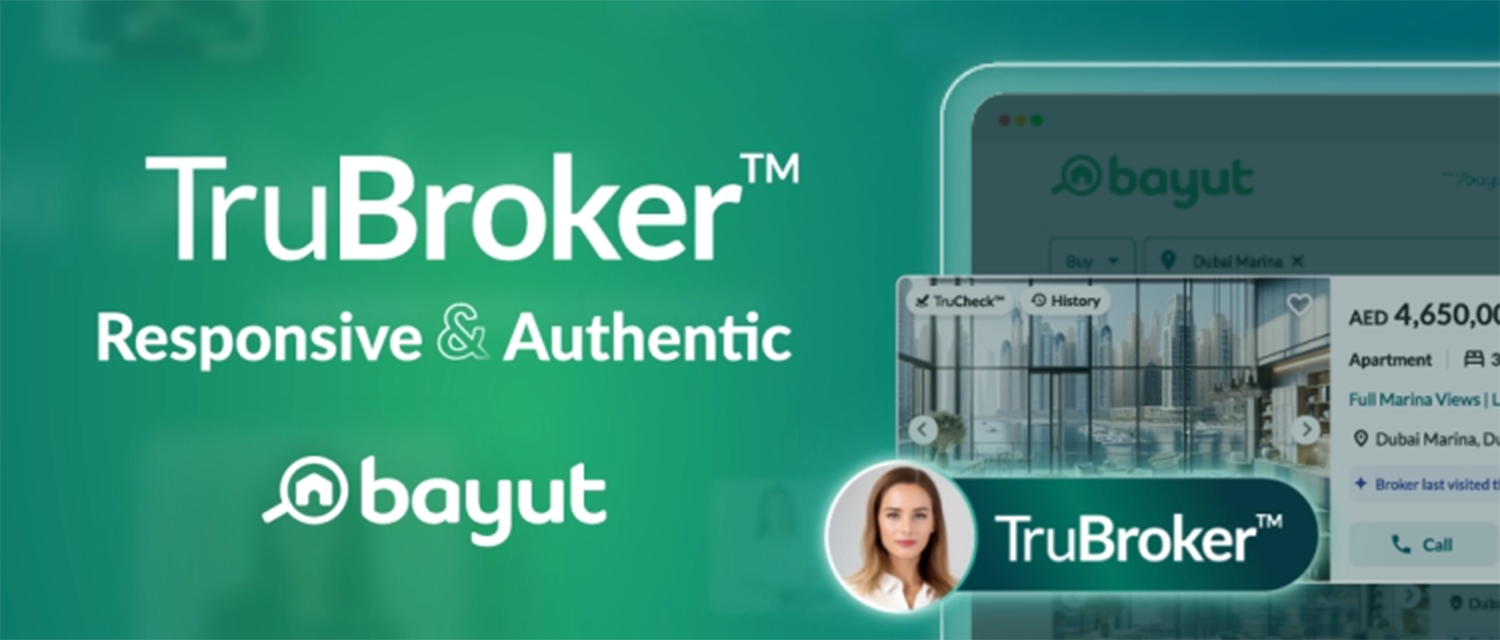What are the effects of US tariffs on UAE real estate?
The year 2025 and Donald Trump’s return to the White House has heralded monumental changes to the United States’ economic policy. And one significant component of those holistic changes has become a major talking point for investors and economists around the world – the new trade tariffs imposed by the US on global imports. So, just what are the impacts of US tariffs on UAE real estate? In this article we discuss the potential effects of the US tariffs on the UAE’s property market, based on what we know so far.
An overview of the tariffs
In an attempt to boost the American manufacturing industry and increase employment, the US imposed tariffs on global imports. While they imposed a somewhat modest 10 per cent on certain countries (based on their tariffs on American products), the US imposed a seismic 145 per cent tariff on Chinese goods. A move which incurred the response of China imposing a 125 per cent tax on American products.

Now we know that various industries in the UAE are heavily globalised, relying on trade routes and foreign investments to thrive. One of these industries is real estate, as it involves construction, foreign investment, supply chains, and expats and immigration. Let’s now take a look at the potential effects of US tariffs on UAE’s real estate.
THE EFFECTS OF US TARIFFS ON UAE’S REAL ESTATE: A Hub of Opportunities?
Owing to the relative ease of starting a business or opening an office in the UAE, the country has solidly positioned itself as a business hub over the last 2 decades. Now with the new trade tariffs in place, there is an expectation that we could see international companies moving their manufacturing and operations from Asia to the UAE. This could lead to an increased demand for free zone commercial spaces, logistics providers and storage hubs.
If that migration starts to pick up pace, we would expect to see increased interest in areas such as JAFZA (Jebel Ali Free Zone) and Dubai South, which are close to the Port of Jebel and Al Maktoum Airport, respectively. Outside Dubai, the Ras Al Khaimah Economic Zone (RAKEZ) and Umm Al Quwain Free Trade Zone may also gain popularity among traders looking to put down roots in the country. The infrastructure of these free zones can provide both established and new businesses with the efficiency they need to access global markets.
With more businesses setting up in Dubai, we could see a symbiotic expect growth in residents and a demand for rental property. But what about new projects and property sales?
New projects and construction
The most obvious industry that is to be impacted by tariffs is construction. We can expect higher costs for imported construction materials such as steel and semiconductors, requiring developers to reassess their budgets (and a decreased profit margin) and project timelines. This hit to the construction industry could potentially raise property prices, impact the affordable properties in the market and create longer timelines from launch to handover.
When the tariffs were announced, there was an almost instantaneous stock market crash in various global markets (inside and outside the US). Since then, there has been fluctuations in shares of a number of property developers due to the fears of investors.
Thanks to the UAE Dirham’s peg to the US Dollar, investors can enjoy a sense of currency stability. If banks move to reduce interest rates, this could also translate into lower mortgage rates across the country. Combined with the UAE’s tax-free property market, these factors position it as a secure and attractive investment destination for high-net-worth individuals from East Asia.
We can expect the UAE’s property developers to focus on providing value through the projects that are underway. Building awareness and diversified supply chains, resilient and innovative developers will be using this period to create opportunities in the country.
Frequently Asked Questions About the Effects of US Tariffs on UAE’s Real Estate
What are the US import tariffs for products from the UAE?
The US has imposed a 10% tariff on products from the UAE.
How can I stay updated about the US Tariffs?
We recommend following updates from the US government directly (such as the website and official accounts on social media), rather than from third parties to avoid misinformation and fear-mongering.
How does the UAE appeal to HNWIs?
The UAE does not have a personal income or capital gains tax, which is luring to potential investors and HNWIs. Other attractive policies include the Golden Visa (UAE residence through investment), double taxation treaties for certain countries, VAT Exemptions and Refunds and the relative ease of starting businesses in free zones.
The UAE’s stability and forward-looking policies position it as a resilient economy in uncertain times. While cautious investment remains wise, the country is likely to attract growing foreign interest in its property market and strengthen its reputation as a global business hub.









